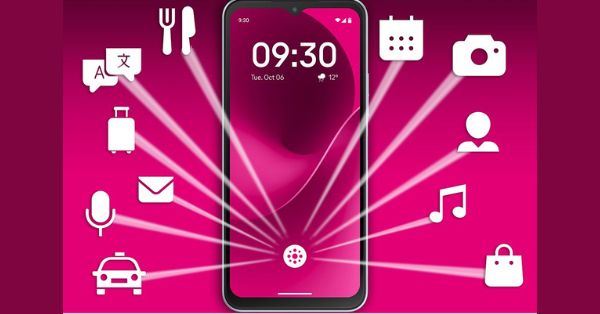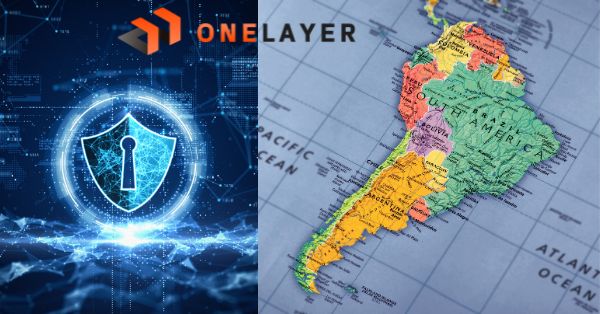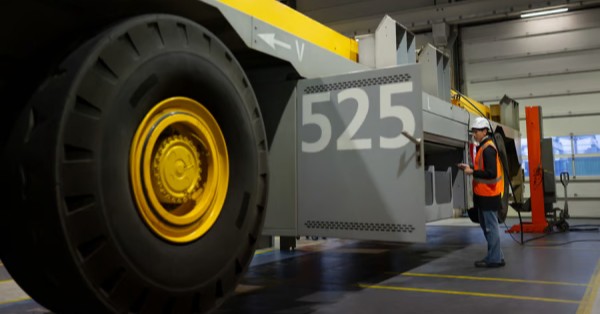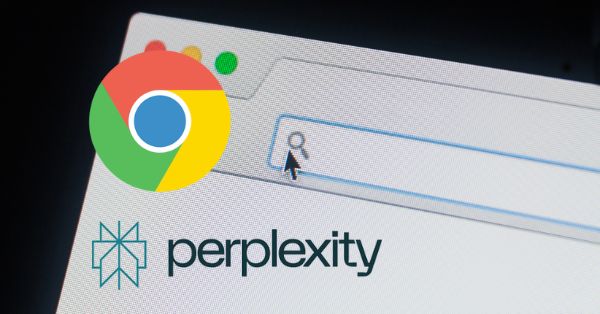Nokia announced that it has signed a Memorandum of Understanding (MoU) with Nedaa, the security network provider of the Dubai government. The MoU will explore opportunities to upgrade Nedaa’s telecommunications network across Radio Access Networks (RAN) and core by leveraging 5G technology with Nokia’s innovative technologies. 5G network with end-to-end slicing functionality will help Nedaa deliver improved public safety and smart city services to concerned organizations and citizens, as well as lay the foundations for more advanced services such as metaverse.
Nedaa’s network already utilizes Nokia’s infrastructure and can support many of the requirements for mission-critical networks. However, with the introduction of 5G, Nedaa will be able to support enhanced services for public safety and management of vital operations, such as immersive applications for first responders, connected and automated vehicles, video surveillance and remote control, as well as manage thousands of connected devices, sensors, and IoT applications.
The MoU sets a framework for upgrading the existing network capabilities and introducing agile and advanced services to government organizations based on secure and reliable networks. One of the key elements is 5G network slicing which will help Nedaa provide segment-related solutions for different industries, including oil and gas, transport, and other government organizations. The MoU also lays the foundation for identifying the most appropriate 5G use cases for capturing new opportunities and monetization.
Nokia will also carry out a technology competence development program covering training and knowledge transfer to Nedaa employees. Nokia will expand its state-of-the-art Integrated Operations Center (IOC) as the integration and enablement layer for all 5G use cases, including Industry 4.0, smart city, and public safety applications with a path to future services such as metaverse and more.
H.E Mansoor Bu Osaiba, CEO, Nedaa, said: “Nokia is a global technology leader and our long-standing and trusted partner. We are now looking forward to leveraging Nokia’s proven 5G expertise to help us maximize the benefits of the technology upgradation and to provide innovative services to our users. Our efforts to upgrade our networks to next-generation network capabilities pave the way for futuristic services such as metaverse.”
Kamal Ballout, Head of Enterprise, CHIMEA (China, India and MEA) at Nokia, said: “Security providers across the world are adopting 5G technology to improve their services. Network slicing is an exciting addition to the capabilities of 5G networks, enabling critical communication customers in different industry sectors to benefit from dedicated virtual network slices that enable secure, high-performance, private wireless connectivity. We are excited to continue our long-standing collaboration with Nedaa to help them leverage 5G technology for enhanced communication services and superior user experience.”































